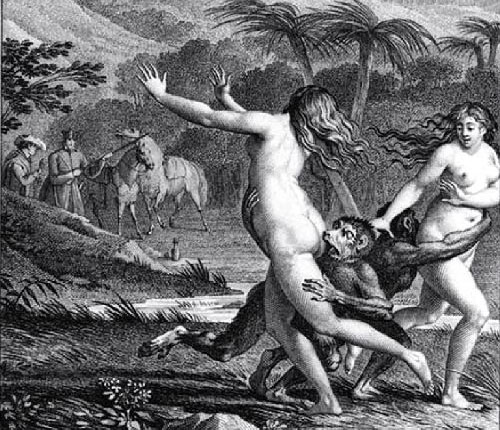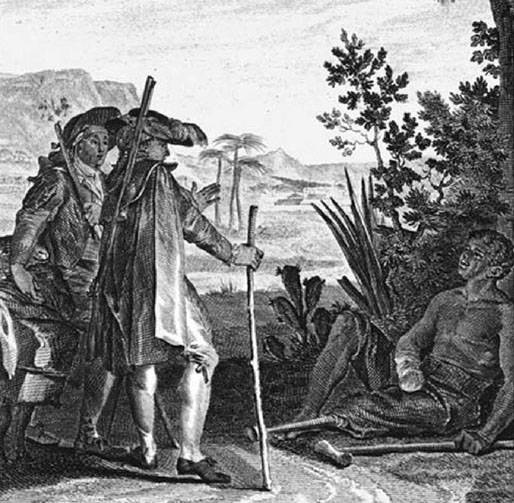One exchange between the main character of Voltaire’s masterpiece, Candide (1759), and his travel companion sums up his view of Canada:
‘You have been to England,’ said Candide. Are they, as mad there as in France?’
‘It’s a different type of madness, said Martin. As you know, the two countries are at war over a few acres of snow on the Canadian border, and they are spending rather more on their lovely war than the whole of Canada is worth.'1Voltaire, Candide, or Optimism, trans. Michael Wood (London, United Kingdom: Penguin Classics, 2005), 69.
Voltaire famously called Canada a few acres of snow (quelques arpents de neige) but was he unique in seeing the Great White North as anything but “great”? No. Actually, that phrase would have resounded with the French public opinion for two reasons:
a. Candide, which contains this phrase, was published in 1759 at a mid-point in a global conflict which involved many European powers competing for imperial dominance. The popular anti-colonial sentiment in France was fueled by the taxes collected to fund the colonial construction and the “pointless” Seven Years’ War (1756- 1763), referred to by Martin above. The French people had no confidence that they could defeat the British war machine and take over the contested North America. To them the war was a waste of resources and humiliating. Hard for a poverty-stricken Parisian family to see the point in their tax money being eaten up in projects in faraway lands under the leadership of financially corrupt people.
The simmering anger against the royalty of that period would eventually contribute, a generation later, to the historic uprising of the French Revolution. In a way, the mismanagement of Louis XV, among other reasons, led to his successor’s downfall.
The French were eventually defeated in the war and had to hand over French North American territories to their traditional enemy, namely the British. Not only did they lose Canada (Quebec) but also French Louisiana and most of India. But not all of New France was lost, the French government still controls a few tiny islands (Saint Pierre and Miquelon) by the eastern coast of Canada from which they could take over North America one day!
b. “A few acres of snow” is an allusion to how Voltaire, and many of his time, viewed Canada: not worth much. That meaning is explicit when the same character says “more…than the whole of Canada is worth.” It was not the first time Voltaire denigrated Canada. He did the same multiple times, one of which he described it as “a country covered with snow and ice eight months of the year, inhabited by barbarians, bears and beavers” (pays couvert de neiges et de glaces huit mois de l’année, habité par des barbares, des ours et des castors). The “worthlessness” of Canada was purely an economic problem. The French regretted that the British seized what they considered to be the better part of the continent. A few years later, the more productive region, the Thirteen Colonies, would declare independence and become the United States.
You might also like:

Candide: The shocking passages
Condemned by the French government and the Catholic Church: Read the controversial passages from Voltaire’s Candide (1759)
BOOK: CANDIDE

Voltaire’s radical views on race and slavery
Understanding Voltaire’s view on race and slavery through the eyes of Candide
BOOK: CANDIDE
Endnotes





